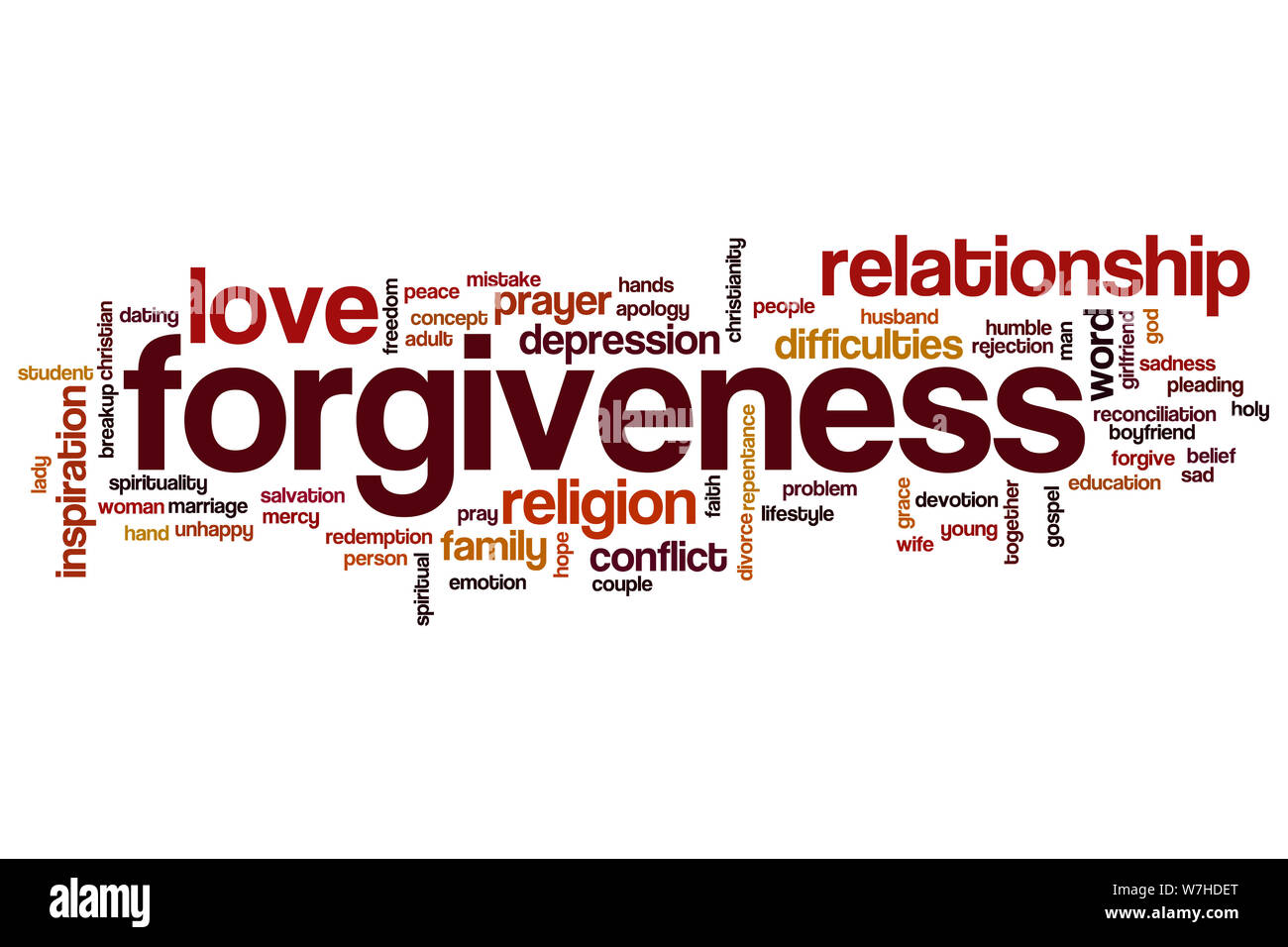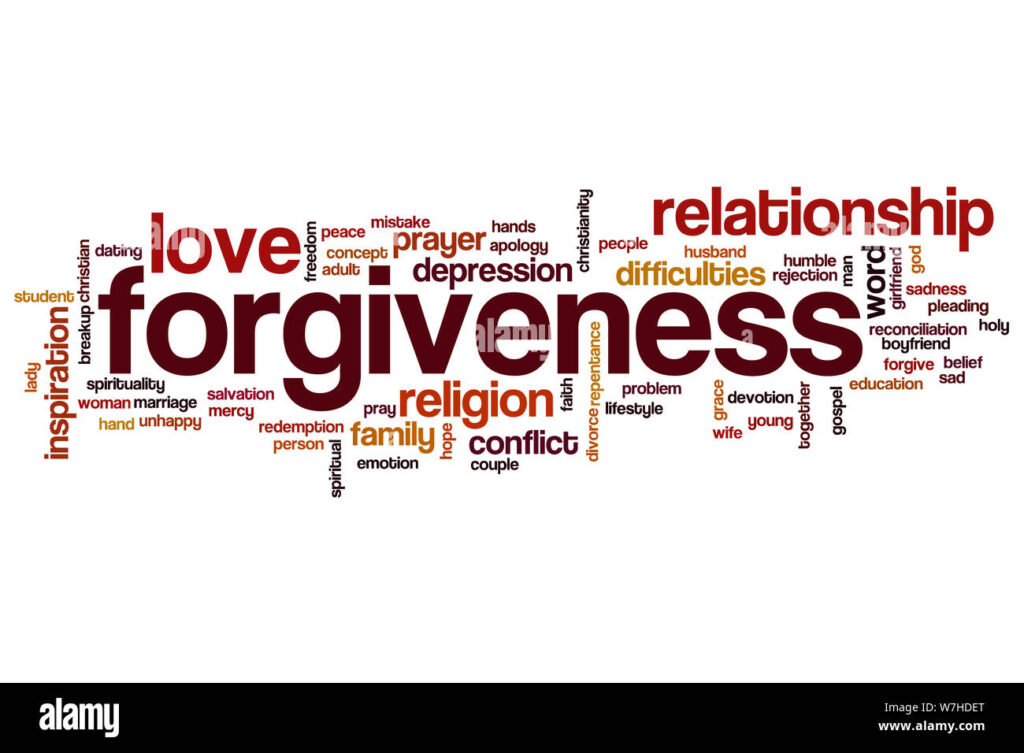Physical Address
304 North Cardinal St.
Dorchester Center, MA 02124
Physical Address
304 North Cardinal St.
Dorchester Center, MA 02124
With Michael Walker
With Michael Walker

A message to the New Creation…..

They told you forgiveness was everything. That your eternity hinged on a word you were never meant to chase. That if you didn’t cry enough, confess enough, or perform repentance with enough public flair, God wouldn’t love you. That forgiveness—an English term wrapped in emotional theater—was the key to salvation. But what if we told you that’s not what the Scriptures said? That the word “forgiveness,” as we’ve come to know it in modern Christianity, is a mistranslated ritual designed to keep you sick, guilty, and dependent. That Jesus Christ didn’t die so you could feel better—He died so you could be freed. Welcome to the indoctrination no one wants to talk about. Welcome to the forgery of forgiveness.
Let’s be clear from the start: the Greek word used in the New Testament for what we call “forgiveness” is aphesis—and aphesis doesn’t mean “I forgive you.” It means release. It means liberty. It means a letting go, a cancellation, and a complete removal of what once held you. It is not rooted in emotion. It’s not a holy hug or a guilt-drenched apology. It’s a medical and spiritual liberation. And that’s precisely what makes it dangerous to religious institutions.
Because once you understand that Christ didn’t come to give you forgiveness, but to remove the disease, then all the power they claim to hold over your salvation crumbles.
Sin, in its full context, is not a behavior—it’s a bloodborne pathogen. It is the involuntary, unrequested, inherited spiritual and biological corruption passed down from Adam. It is a ceaseless, undefined trajectory that continually veers off course, missing the mark of divine perfection with every beat of your heart. It’s not an occasional bad decision. It’s a state of incurable existence—apart from divine life. It manifests through your mind, your flesh, your spirit. It separates, infects, and disables. You don’t need forgiveness for that. You need a transfusion.
And yet the indoctrinated machine of Christianity teaches you that forgiveness is the answer. That sin is a list of infractions, and if you can just be sorry enough—God will overlook your sickness. But that’s not salvation. That’s emotional bribery disguised as theology.
The Greek aphesis never implies you earned release by performance. It doesn’t require guilt or ritual or apology. It only requires blood. Divine blood. The blood of the spotless One who took your terminal condition into Himself and replaced it with His own holy strain of eternal life.
So how did we get here? How did we go from aphesis to forgiveness? From liberation to manipulation? The answer is as simple as it is disturbing: indoctrination.
The purpose of indoctrination is not to teach—it is to program. To keep minds tame, dependent, and subservient to the institution handing down the rules. Indoctrination tells you what to think, not how to think. And in the case of Christianity, it replaces divine truth with institutional strategy.
The word “forgiveness” was not mistranslated by accident. It was institutionalized on purpose.
Religious empires thrive on guilt. Guilt keeps pews filled, offerings paid, and authority unquestioned. So they needed a doctrine that made God’s grace conditional, and they found it in the emotional packaging of “forgiveness.” The idea that unless you confess a sin, it is not covered. That unless you feel bad enough, God will withhold His love. That unless you recite the right prayer, the cross doesn’t apply to you. That’s not gospel. That’s indoctrination. That’s spiritual extortion.
And how does this work? Through the classic tactics of control.
Transactional piety teaches you that God operates like a vending machine—insert repentance, get redemption. Emotional manipulation tells you that forgiveness must be felt, dramatized, and proven to be real. Spiritual dependency makes pastors and priests your only access point to divine mercy. Fear-based compliance keeps you obeying not from love, but from terror. The goal is not your freedom. The goal is your submission.
It’s no surprise that the modern Christian depends on forgiveness like a child depends on candy. It’s sweet. It’s cheap. And it keeps them coming back. But aphesis? Aphesis is invasive. It’s surgical. It removes the cause, not the symptom. And once you’re released by aphesis, you don’t need the middleman anymore. You don’t need the guilt. You don’t need the institution. You just need Jesus.
This isn’t accidental. This is ancient. The word “Christian” itself only appears three times in the Bible—and never as a name believers gave themselves. It was assigned to them. Later institutionalized by Catholic bishops and Roman councils, “Christianity” became a theological empire, not a living body. The real gospel—the message of aphesis—was too dangerous to survive unchecked. It had to be diluted, restrained, and turned into doctrine.
And here’s the analogy that makes this painfully clear: indoctrination is like a prison where the bars are made of stained glass. It looks holy. It feels safe. But it’s still a cage. And when someone comes to open the door with truth, the prisoners don’t run out—they defend the cage. They defend the system. Because indoctrination makes the lie feel safer than freedom.
Another analogy? Imagine sin as a venom coursing through your bloodstream. Indoctrination teaches you to manage the symptoms—apologize for the swelling, confess the bruising, make peace with the pain. But Jesus came with the antivenom, not the therapy. He came to eradicate, not to empathize. Aphesis is the IV bag of divine blood pumping through your dying veins. Forgiveness is the hospital gift card the church gave you instead.
Now, let us be clear: while forgiveness as institutional currency is counterfeit, forgiveness between people is divine. Humanity is inhuman without it. We transgress one another constantly—this is not optional, it’s inevitable. To forgive one another is essential. It is what love demands. And in the same way, our relationship with God requires forgiveness—not the ritual kind, but the relational kind. There can be no union where wounds remain unaddressed. But Jesus Christ didn’t die on the cross so you could be forgiven like someone waving off a mistake—He died to transfuse you with His own life. He died so you could be released from the infection that made forgiveness necessary in the first place.
So yes—relationship with God involves forgiveness. But salvation involves aphesis. Release. Cancellation. Cure.
Let this settle: you were born infected. Not guilty, but terminal. Not flawed, but dying. The blood of Adam flows through your body like a curse you never asked for. And you are incapable of not sinning—not because you’re evil—but because you are sick. And indoctrination told you to beg for forgiveness. But the gospel says: you have been cured.
Jesus didn’t ask you to perform sorrow. He bled so you could be new.
So no—you don’t need forgiveness to be saved.
You need a transfusion.
And the bag is full.
And the line is open.
And the cure has a name.
His name is Jesus.